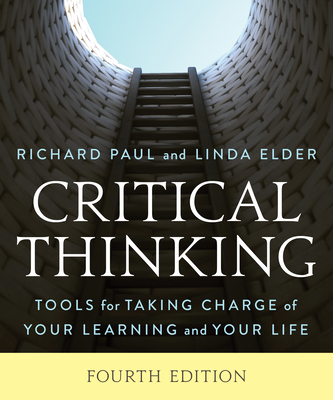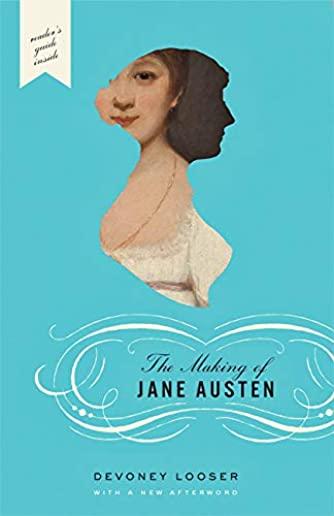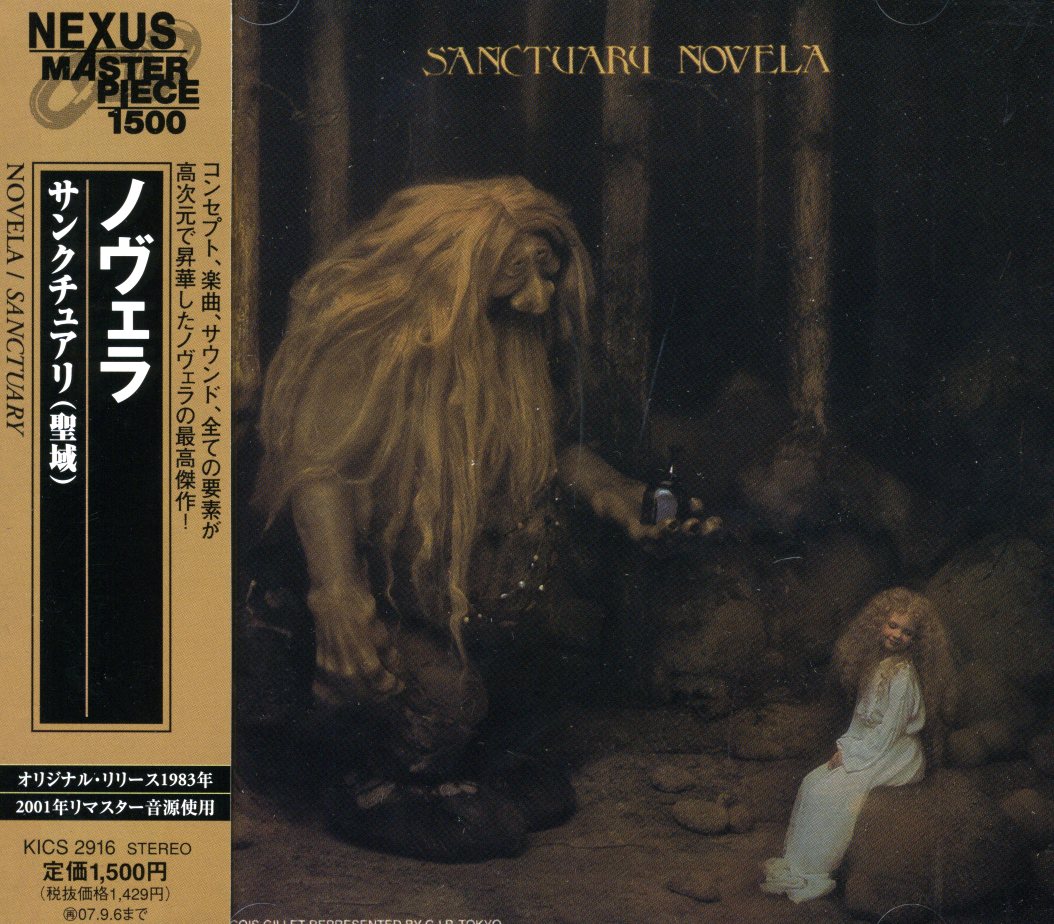
Paul, Richard
product information
description
horities on critical thinking, this book details an integrated, universal concept of critical thinking that is both substantive and applicable to any and every situation in which human thinking is necessary. It provides students with the basic intellectual tools needed for life-long learning, helping them understand the mind and how its three functions--thinking, feeling, motivating--influence one another.
Critical Thinking fosters the development of fair-minded critical thinking and explores essential intellectual standards of clarity, precision, accuracy, logicalness, significance, depth, breadth, and fairness; the importance of skilled and deep questioning; and how to take thinking apart in order to find problems in thinking and then improve thinking.
The fourth edition features
- Think for Yourself activities
- Glossary of critical thinking terms
- New chapter on argumentation
- New chapters on critical thinking in the professions (including critique of disciplines)
- Discussion of the Internet's effects on our lives
- Updated discussions of media bias and political propaganda, as well as egocentric and sociocentric thought as barriers to critical thinking
The Foundation for Critical Thinking continually offers new supplementary resources on its website (www.CriticalThinking.org) and in its online critical thinking community (www.CriticalThinkingCommunity.org).
member goods
No member items were found under this heading.
listens & views

LATIN OLDIES TRILOGY / VARIOUS ...
by LATIN OLDIES TRILOGY / VARIOUS (BOX)
COMPACT DISCout of stock
$28.25
Return Policy
All sales are final
Shipping
No special shipping considerations available.
Shipping fees determined at checkout.






